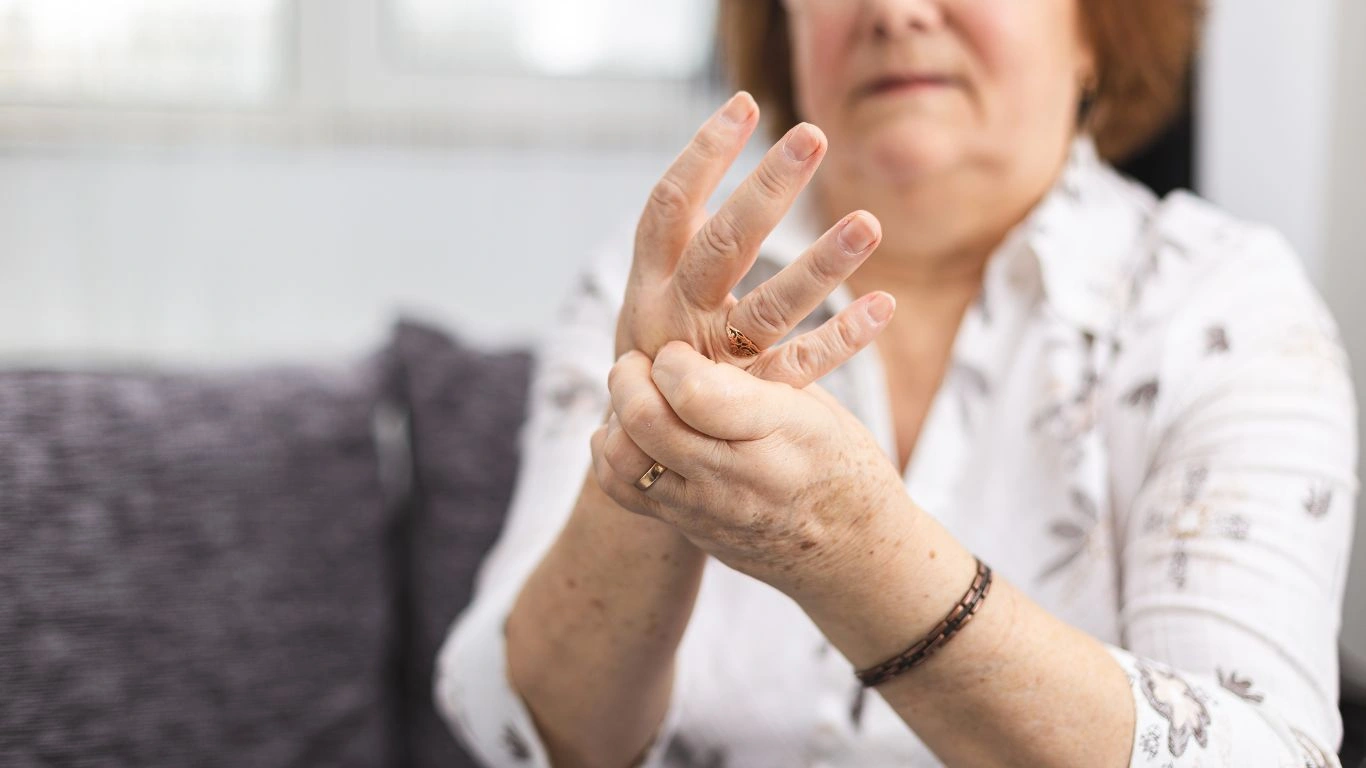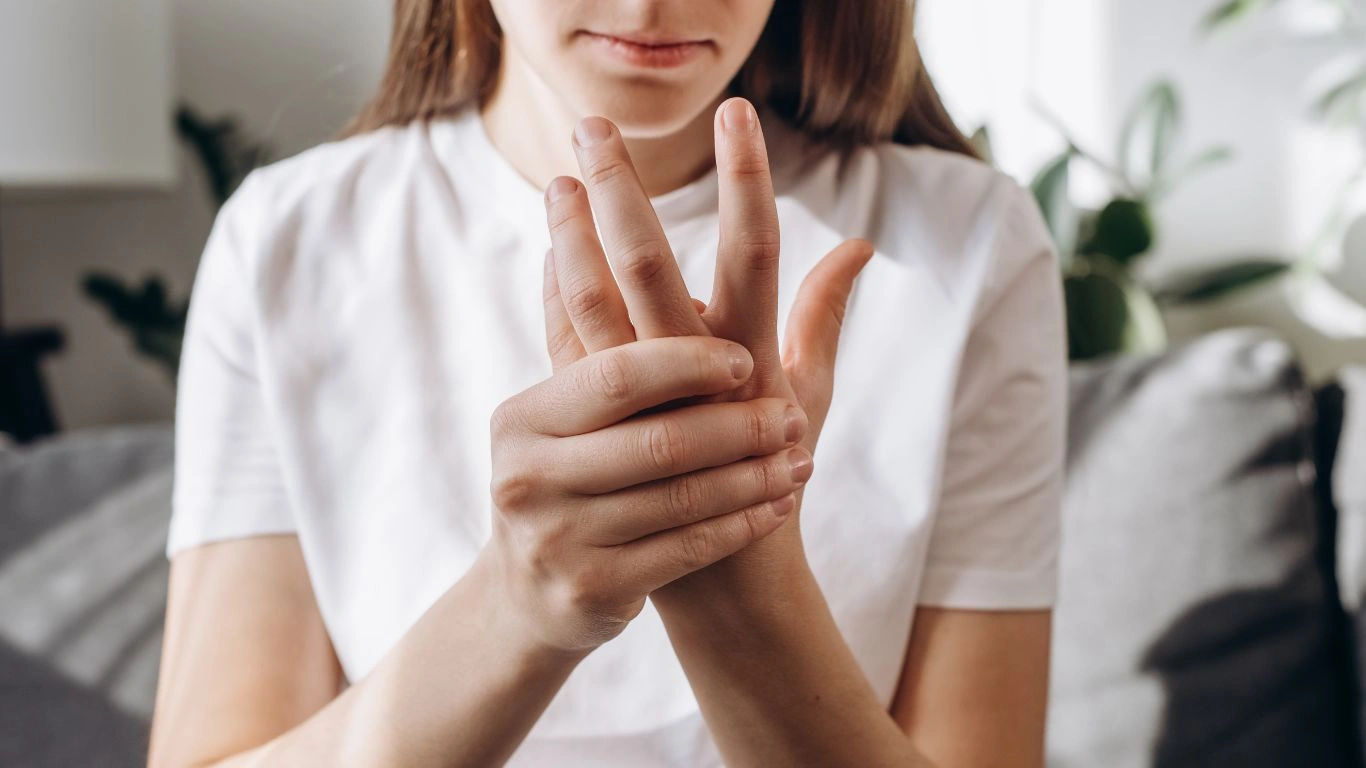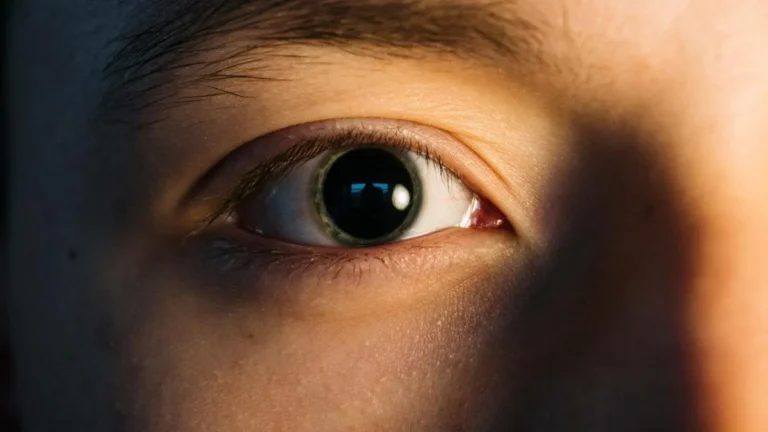How Rheumatoid Arthritis Affects Mental Health: The Impact on Mind and Body
Rheumatoid arthritis (RA) isn’t just about joint pain—it can seriously mess with your mental health too. Let’s dive into how RA affects mental well-being and how you can deal with both your body and mind.
Having rheumatoid arthritis (RA) means dealing with more than just sore, swollen joints. Unfortunately, the physical pain can also take a toll on your mental health. If you’re living with RA, you might find yourself feeling anxious, stressed, or even depressed. And it’s not just about the pain itself—there’s a lot of emotional strain that comes with managing a chronic condition.
It’s super common for people with RA to experience mental health challenges. This might be because of the stress of living with a long-term illness, the frustration of not being able to do what you used to, or the constant fear of flare-ups. Mental health and chronic conditions like RA often go hand in hand. So, let’s break down how RA affects mental health and what you can do about it.
Understanding the Connection Between RA and Mental Health
So why exactly does RA mess with your mind? Well, the pain and inflammation caused by RA can affect the brain. On top of that, living with chronic pain changes how you think and feel. Here’s the deal:
- Physical Pain and Stress: RA causes inflammation in the body, which leads to joint pain and fatigue. This constant discomfort can wear you down mentally, making it hard to concentrate or even enjoy activities you once loved. Over time, this constant stress can contribute to mental health issues like anxiety or depression.
- The Emotional Toll of RA: Dealing with a chronic illness can lead to feelings of frustration, helplessness, or isolation. If you feel like your body’s betraying you, it can lead to a lot of emotional strain. This is especially true if your symptoms interfere with work, social life, or personal relationships. The mental exhaustion from trying to manage it all is real.
- Inflammation in the Brain: Did you know that inflammation doesn’t just affect your joints? Studies have shown that the inflammation seen in RA can actually affect your brain as well, leading to mood changes, anxiety, and depression. In fact, people with RA are more likely to experience depression compared to those without it. This is because the body’s immune response can trigger changes in brain function, impacting your mood and emotional state.
How RA Can Lead to Anxiety and Depression
Mental health issues like anxiety and depression are common among people with RA. Here’s why:
Anxiety
Living with RA can make you anxious about the future. Will you be able to keep up with your daily activities? What if your pain gets worse? What if you have a flare-up and can’t manage it? These worries are normal, but over time, they can turn into chronic anxiety. Anxiety might also come from the unpredictability of RA. On good days, you might feel fine, but then suddenly, everything changes with a flare-up. This unpredictability can trigger anxiety, making you constantly on edge.
Depression
Chronic pain, fatigue, and limitations on what you can do physically can lead to feelings of sadness and hopelessness. Over time, this can develop into depression. If you’re no longer able to do activities you used to enjoy—whether it’s something like walking, exercising, or even socializing—it’s easy to feel down. And when that sadness sticks around, it can turn into clinical depression.

Managing Both RA and Mental Health
The good news? There’s a lot you can do to manage both your RA and your mental health. Here are some tips:
1. Focus on Your Treatment Plan
The first step to managing RA is getting the right treatment. This means working closely with your doctor to find the best medication, physical therapy, and lifestyle adjustments for your needs. The less physical pain you’re in, the easier it is to manage your mental health. So, keep up with your doctor’s advice, and don’t hesitate to ask about treatments that can help ease both physical and emotional symptoms.
2. Stay Active (Within Your Limits)
Exercise might seem tough when you have RA, but staying active in a way that works for your body is important for both physical and mental health. Activities like swimming, walking, or yoga can help reduce joint pain and inflammation, plus they release endorphins—those “feel good” chemicals in your brain. Start slow and work with a physical therapist to find the best routine for you.
3. Build a Support System
You don’t have to go through this alone. Reach out to friends, family, or even a support group for people with RA. Talking about your challenges can help you feel less isolated and more understood. Plus, you might pick up some helpful tips for managing your symptoms from others who know exactly what you’re going through.
4. Practice Mindfulness and Relaxation
Mindfulness practices, like meditation or deep breathing exercises, can help you manage anxiety and stress. These techniques focus on being in the moment, which can help ease the mental strain that comes from worrying about flare-ups or feeling overwhelmed by pain. Even just a few minutes a day of focused breathing can make a big difference in how you feel.
5. Don’t Be Afraid to Seek Professional Help
If you’re struggling with depression or anxiety, it’s a good idea to talk to a therapist. Cognitive-behavioral therapy (CBT) has been shown to help people with chronic illnesses, like RA, by teaching coping strategies and ways to manage negative thoughts. It’s important to take care of your mental health just as much as your physical health.

Conclusion: Prioritize Your Whole Health
RA can definitely impact your mental health, but with the right tools and support, you don’t have to let it take over your life. By managing your physical symptoms, staying active, building a strong support system, and caring for your mental health, you can lead a fulfilling life despite your condition. Remember, you’re not alone in this, and there’s help out there to manage both the physical and emotional sides of RA.

Appendices
References
- American College of Rheumatology. (2023). Managing Rheumatoid Arthritis and Mental Health. Read Article
- Smith, J., & Doe, A. (2024). The Connection Between Chronic Illness and Depression. Journal of Mental Health, 38(2), 55-67. Read Article
- National Institutes of Health (NIH). (2024). Understanding Rheumatoid Arthritis and its Emotional Impact. Rheumatology Research Review, 15(4), 123-130. Read Article
FAQs
- Can rheumatoid arthritis cause depression? Yes, rheumatoid arthritis can lead to depression due to the constant pain and limitations on daily activities.
- What can I do to manage my RA and mental health? Focus on a

Tarra Nugroho is a dedicated Nurse Practitioner with a strong foundation in family and preventive care. She brings both compassion and clinical expertise to her practice, focusing on patient-centered care and health education. As a contributor to Healthusias.com, Tarra translates medical knowledge into clear, empowering articles on topics like women’s health, chronic disease management, and lifestyle medicine. Her mission is simple: help people feel seen, heard, and informed—both in the clinic and through the content she creates. When she’s not caring for patients, Tarra enjoys weekend hikes, plant-based cooking, and curling up with a good health podcast.








